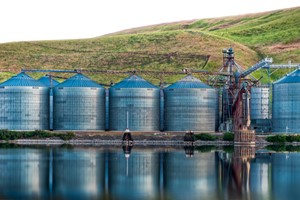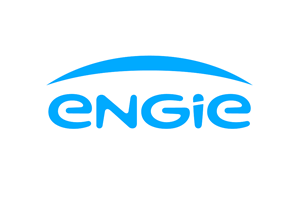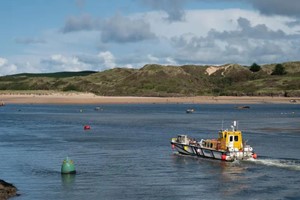- EIB among Multilateral Development Banks that vow to increase financing and technical assistance to benefit millions in water-stressed regions.
- Improving access to safe drinking water, sanitation, irrigation and enhanced flood protection will support the Sustainable Development Goals.
- Banks seek to build effective policy, institutional, and regulatory environments and enhance governance and transparency in the sector.
Today, the European Investment Bank (EIB) and eight Multilateral Development Banks (MDBs) committed to enhancing water security globally through a joint statement delivered at the One Water Summit in Riyad, Saudi Arabia. The Summit, held alongside COP16 on desertification, brings together the heads of state and government to shape an agenda for international cooperation on water. The joint declaration aims to significantly increase support to the water sector in the five years between 2025 and 2030, particularly in vulnerable regions.
The EIB will collaborate with the African Development Bank Group, the Asian Development Bank, the Asian Infrastructure Investment Bank, the European Bank for Reconstruction and Development, the Inter-American Development Bank Group, the Islamic Development Bank, the New Development Bank, and World Bank Group to mobilise finance, promote innovative solutions, and strengthen governance in the water sector. This commitment is part of the EIB’s strategic orientation on water, with a new water programme set to be launched in spring 2025. This programme will aim to scale up the EIB Group’s efforts to address water scarcity and enhance flood resilience, particularly in countries most affected by climate change.
"The world is grappling with severe water challenges exacerbated by climate change and growing demand. Addressing these issues requires urgent and concerted action," said EIB Vice President Gelsomina Vigliotti. "Today’s joint commitment is essential for improving lives and empowering communities. Access to water is fundamental, and we are dedicated to building resilient systems that support those who are most in need.”
Over the last five years, the MDBs have collectively committed USD 50 billion to the water sector, positively impacting more than 400 million people. The banks aim to scale up their support, both in terms of financing and technical assistance. They vow to explore innovative financing that attracts private resources, preserving scarce public funds. They also commit to improving collaboration and coordination among themselves to streamline project execution and reduce complexity for borrowers.
Background information
Climate change is profoundly altering the water cycle and the way water is distributed on a global scale. Over 90% of natural disasters are water-related, with floods, droughts, wildfires and pollution affecting millions globally. The One Water Summit prepares solutions for the UN Water Conference, scheduled for 2026. It aims to demonstrate that water is not just a challenge but also a driver of economic and human development. To be successful, leaders need to break out of siloed approaches and implement more coherent policies.
The European Investment Bank is the Climate Bank and one of the world’s largest public lenders for water. In 2023, the Bank signed water operations totalling €4 billion. They will bring safe drinking water to some 5 million people, provide improved sanitation for 2 million, and reduce the risk of flooding for 1.5 million people. Around 30% of the EIB’s water projects are carried out outside the EU; our financing helps some of the world’s poorest and drought-stricken countries, whether in Africa, Asia, or Latin America. A new water programme detailing EIB commitments to scale up investments for water resilience is expected in spring next year.














